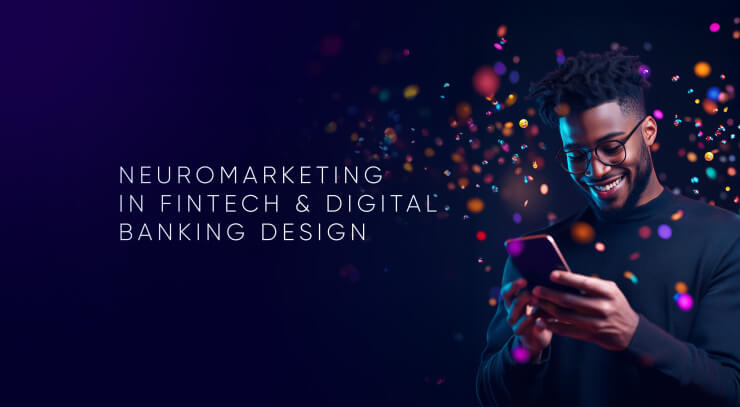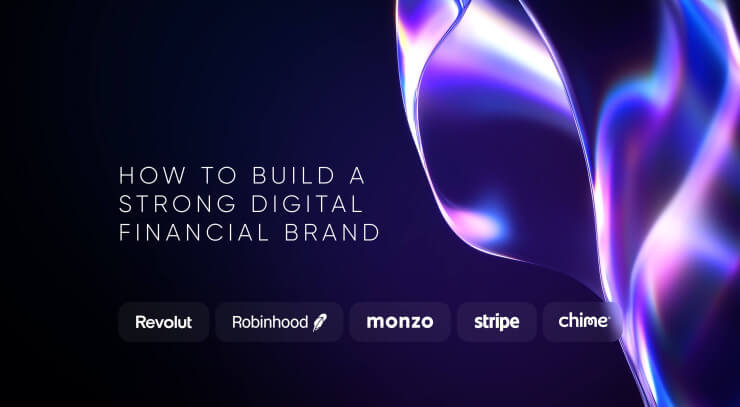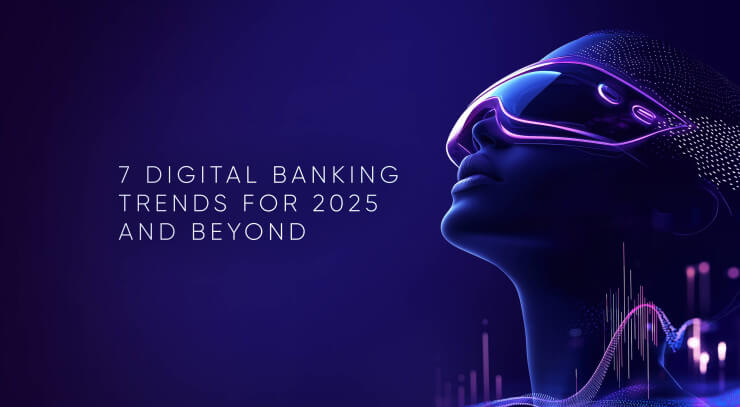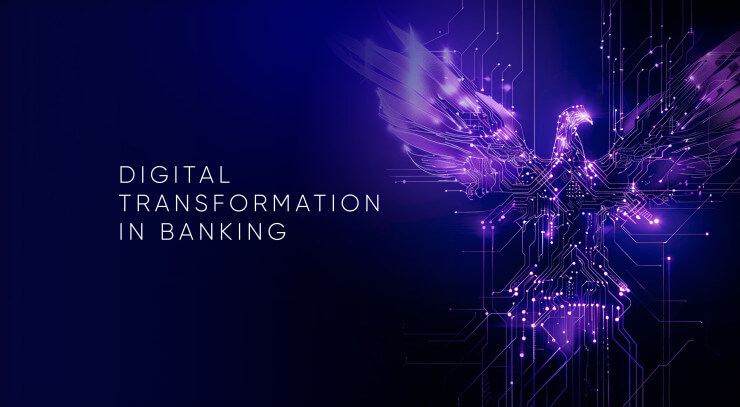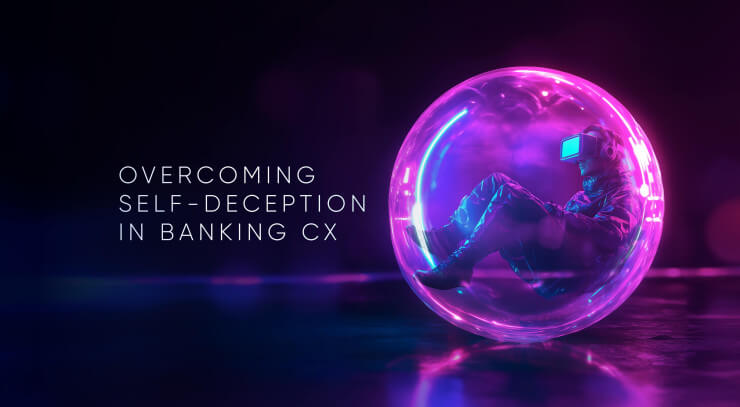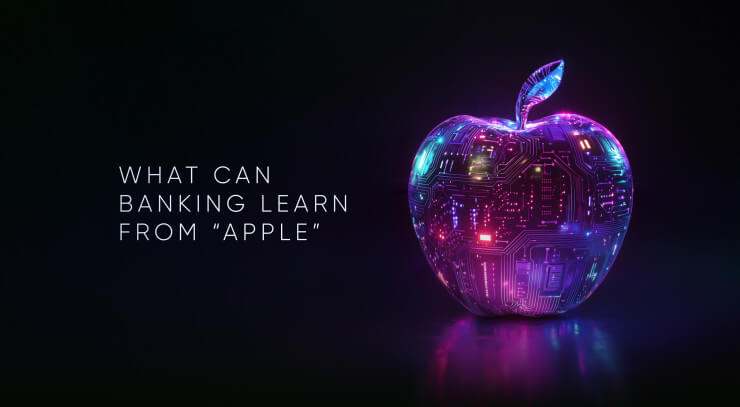
This article explores how 2024 became the breakthrough year for AI in banking—no longer a future experiment, but a strategic powerhouse reshaping digital customer experience. Discover how leading banks are using AI to unlock deeper personalization, smarter self-service, and faster, more human-centric digital interactions.
Applying Neuromarketing to Digital Banking Apps and Fintech Design
Despite a decade of digital innovation, financial services often remain cold and overwhelming. At UXDA, we use neuroscience and neuromarketing to transform emotion into engagement. Discover how neuromarketing transforms digital banking by addressing emotional barriers, building trust, and creating empowering user experiences.
13 Best Lessons from Leading Tech Brands for Financial Service UX Design
Imagine the ease of one-click Amazon buys or Netflix’s perfect picks—these UX breakthroughs power billion-dollar brands. Discover 13 lessons from tech giants and how to apply them in finance.
The Rise of “Dopamine Banking”: How Fintechs and Neobanks Are Redefining the Customer Experience
Fintech disruptors and neobanks are transforming finance with “Dopamine Banking”—where flashy visuals, gamified challenges, and social interactivity turn every tap into a rewarding experience. This blend of emotions and entertainment is reshaping how we view financial services.
UXDA’s DXB System for Building Strong Financial Brands Digitally
How can financial brands meet today’s user expectations? UXDA’s Digital Experience Branding Framework offers a practical, actionable tool to help ambitious financial institutions create strong, future-ready digital brands.
7 Ultimate Digital Banking Trends Shaping Financial Brands UX
In a world in which anyone can download a banking app, just being digital is no longer a differentiator. The real challenge now is building a brand's digital experience that goes beyond basic functionality—an experience that bridges the financial brand with customers’ values, emotions and long-term aspirations.
Digital Transformation in Banking as a Branding Challenge
The most successful transformations in banking are not those that simply leverage technology, but those that seamlessly integrate powerful digital branding to create an emotional connection with customers.
Breaking Institutional Self-Deception to Improve Banking Customer Experience
Financial companies and banks worldwide are investing heavily to improve customer experience in banking. Despite these genuine efforts, many banks struggle to achieve the desired results. The culprit? Self-deception.
ChatGPT Prompts in Digital Banking and Fintech Product Design
This article unveils the secrets of using ChatGPT prompts to drive innovation in banking UX, providing insights into how this tool can be integrated into the standard design process for transformative results.
Perfecting Digital Banking Interfaces Through Apple-Inspired Discipline
Many banks believe that packing their apps with countless features and the latest technology will attract and retain users. However, this approach often results in the opposite effect, driving users away due to overwhelming complexity.




